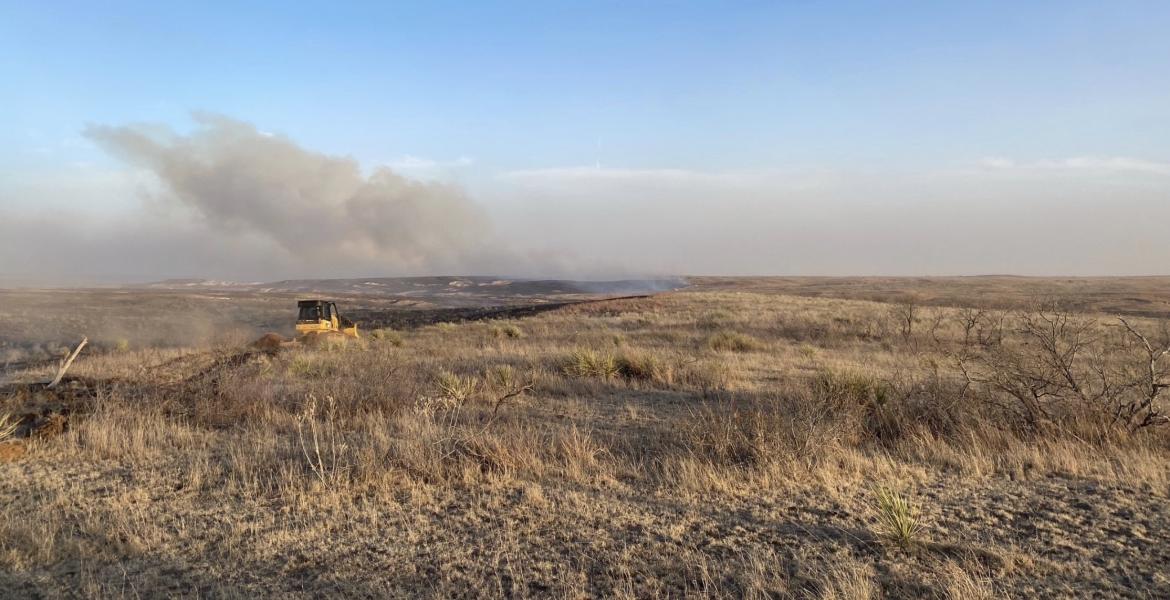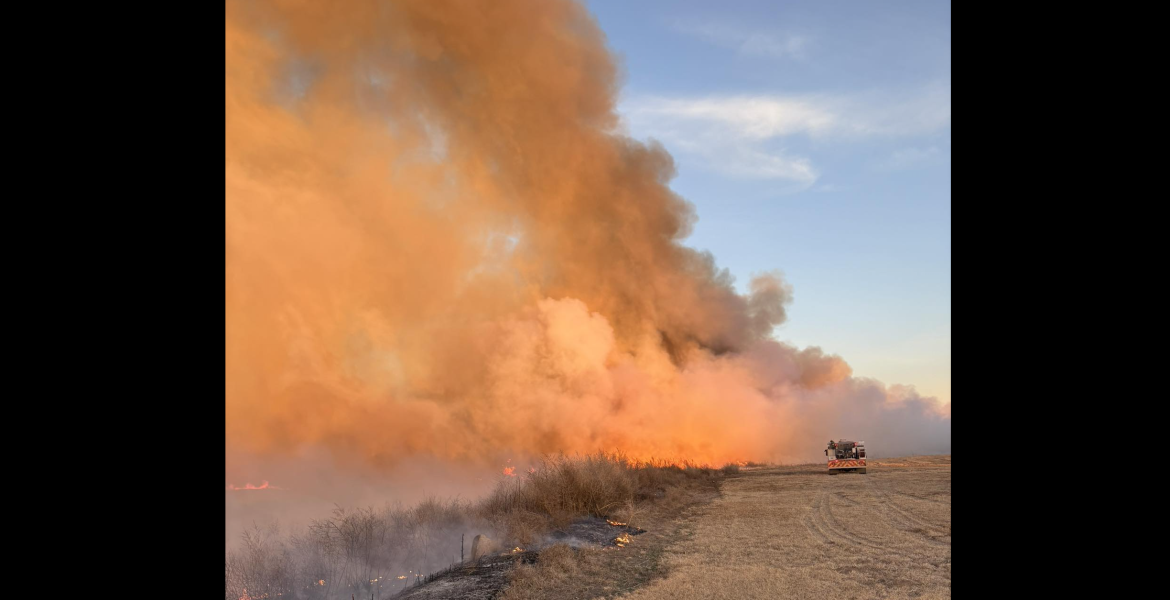AUSTIN – The Texas Department of Public Safety (DPS) has announced that the Texas Joint Crime Information Center (JCIC) was named Fusion Center of the Year by the National Fusion Center Association last week in Alexandria, Va. In addition, two DPS employees received individual awards for Fusion Center Employee of the Year and The Michael Schooler Critical Infrastructure Protection Award.
The Fusion Center of the Year award recognizes centers that have provided exceptional services to their jurisdictions and exhibit outstanding best practices.
“There is no greater responsibility in government than protecting its citizens, and the Texas Joint Crime Information Center is indispensable in helping the state of Texas fulfill that duty,” said DPS Director Steven McCraw. “These prestigious awards are a testament to countless contributions the JCIC and division personnel have made to public safety and homeland security within Texas – and the entire nation.”
“We are honored to accept the Fusion Center of the Year award, and are proud to see our JCIC employees receive national recognition for their remarkable accomplishments,” said DPS Assistant Director John “JJ” Jones, Intelligence and Counterterrorism. “The men and women of the JCIC work around the clock to make Texas more secure every day, and these awards are a major tribute to their commitment to excellence.”
Emily Robertson, Research Analyst, was named Fusion Center Employee of the Year for her consistent dedication, advanced analytical capabilities, and her contributions to FBI terrorism cases and state and national homeland security efforts. This award recognizes an individual who has provided exceptional services to the national network of fusion centers.
David Jackson, Critical Infrastructure Planner, received The Michael Schooler Critical Infrastructure Protection Award for his efforts to promote the Texas Infrastructure Protection Plan and to increase private sector partnership within the program. This award honors individuals who have enhanced critical infrastructure protection related programs and improved the security posture of the jurisdiction and/or the nation.
Fusion centers serve as focal points within the state and local environment for the receipt, analysis, gathering, and sharing of threat-related information between the federal government and state, local, tribal, territorial and private sector partners. There are 78 fusion centers located in states and urban areas across the country.
Subscribe to the LIVE! Daily
Required






Post a comment to this article here: